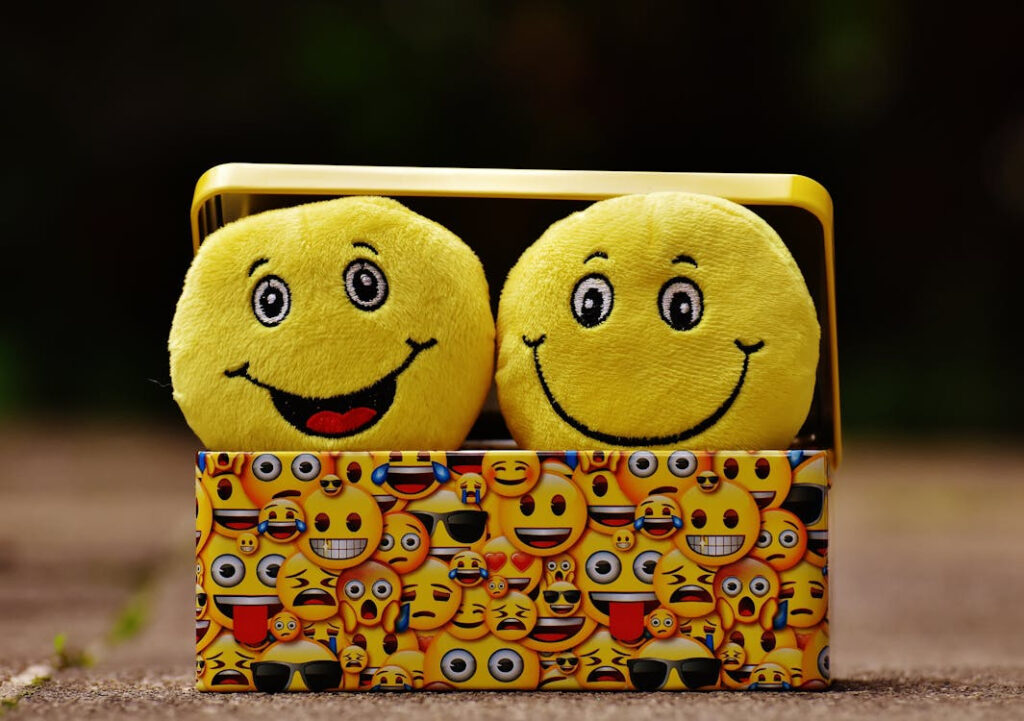Social Media Giants Unite to Launch Thrive: A Mental Health Initiative for Safer Platforms

The digital terrain has changed to provide people all around a forum for interaction, sharing, and connection. But with this expansion also great responsibility. Particularly with regard to mental health, platforms like Meta, Snapchat, and TikTok have come under more and more criticism for the negative consequences some of their material can create. Understanding the urgent need for action, these platforms have worked with the Mental Health Coalition to start the Thrive project—a proactive strategy meant to stop the dissemination of negative material on self-harm and suicide.
What is Thrive?
Thrive is a groundbreaking program designed to help social media platforms securely share signals about harmful content related to mental health crises, specifically around suicide and self-harm. By sharing anonymized data (or “hashes”) across platforms, Thrive aims to flag content that violates community standards and ensure that it is removed before it can spread further. This collaboration marks a pivotal moment, as companies like Meta are providing the technical infrastructure to facilitate the safe exchange of data, making it easier for other platforms to identify and address harmful content quickly.
How the Program Works
The mechanics of Thrive revolve around sharing critical data while maintaining user privacy. When a platform like Meta identifies harmful content, it creates a digital “hash,” a form of anonymized code, that represents the content without revealing personal information. This hash is shared with other tech companies participating in Thrive, allowing them to search their own platforms for similar content. By doing so, the program accelerates the process of identifying and removing harmful posts, reducing the likelihood of their spread across different platforms.
The Importance of Ethical Cooperation
Social networking sites have been under fire for years over their algorithms, which maximize user involvement at the price of mental health. Although they have put in place separate content filtering systems, the cooperation made possible by Thrive points toward a more conscientious direction. Working together, Meta, Snapchat, and TikTok show a moral will to address the negative side of user-generated content. By demonstrating that even rivals can team together to protect mental health, this cooperative endeavor has the potential to redefine the tech sector as a whole.
Beyond Thrive: A Required Transformation
Although Thrive is a great project, it is merely the first step toward solving the ubiquitous problems with damaging content on social media. The huge volume of user-generated messages means that ongoing attention will be needed; artificial intelligence is therefore very important in content control. But the solution cannot come from technology by itself. Human supervision will always be crucial, especially in situations when negative signals are ingrained in complex or subdued forms. Though more innovation and ethical issues will be required to create a safer online environment, Thrive presents an optimistic model.
The release of Thrive marks a turning point in social media’s reaction to the mental health issues it unintentionally feeds. Thrive creates the conditions for more strong, moral content control by letting internet behemoths safely cooperate on spotting offensive materials. Although the project is a big step forward, it is obvious that long-term solutions will call for continuous work by both artificial intelligence systems and human judgment. Policies and alliances meant to safeguard users’ mental health have to change with social media as it develops.

